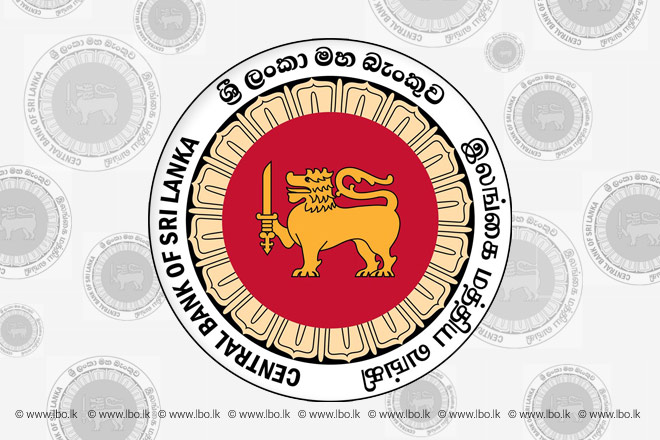Apr 27, 2017 (LBO) - Sri Lanka's economic performance in 2016 reconfirmed the necessity of addressing deep rooted structural issues, in order to enable the country to progress towards a higher growth trajectory, the Central Bank said.
"Along with strengthening macroeconomic fundamentals through improved fiscal performance and the conduct of monetary policy in a forward looking framework, it is essential that these structural issues are addressed decisively," the Central Bank of Sri Lanka said in a statement, while releasing its 2016 annual report.
"...and without delay with broad public consensus, as the postponement of these essential reforms is no longer feasible if the country is to progress along a sustainable and equitable growth trajectory."
The structural challenges have been consistently highlighted by the central bank in its previous annual reports and regular reports to the government, and also by the research community and international development agencies on numerous occasions in the past.
Following a period of uncertainty, the economy showed early signs of stabilisation during the year 2016 in response to corrective actions adopted by the government and the Central Bank.
Unfavourable weather conditions and sluggish global economic recovery caused the economy to grow at a slower rate of 4.4 percent in 2016, in comparison to 4.8 percent in the previous year.
However, steady acceleration in quarterly growth was observed from the second quarter of the year amidst tightened fiscal and monetary policies, the monetary authority said.
buy valtrex online buy valtrex online no prescription
The balance of payments was in deficit for a second consecutive year with a deficit of 500 million dollars estimated for 2016.
Increased investment expenditure, especially in the construction sector, drove economic growth during the year, while consumption expenditure slowed in response to the policy environment in place.
Inflation, which remained low in the first four months of the year, increased thereafter to record an annual average of 4.0 per cent in 2016 (both National Consumer Price Index (NCPI, 2013=100) and Colombo Consumer Price Index (CCPI, 2013=100) based).
The high levels of inflation observed during some months in 2016 as well as in the first quarter of 2017 were mainly due to the adverse impact of weather related disruptions, tax adjustments and rising international commodity prices, but the increasing demand pressures of the economy were evident in core inflation remaining at elevated levels, the statement said.
Higher growth for Sri Lanka will depend on addressing structural issues: CB

